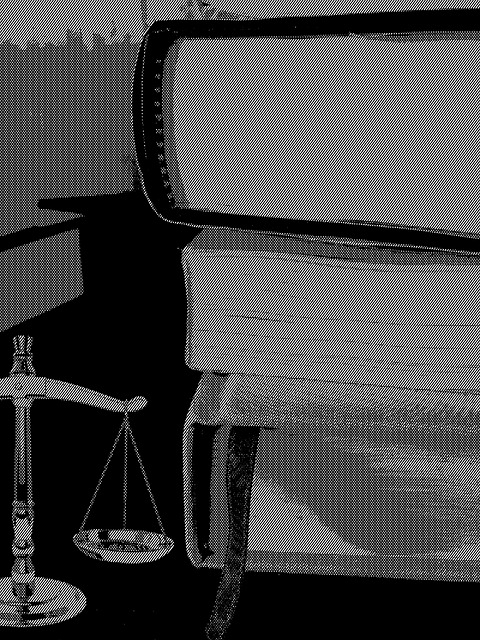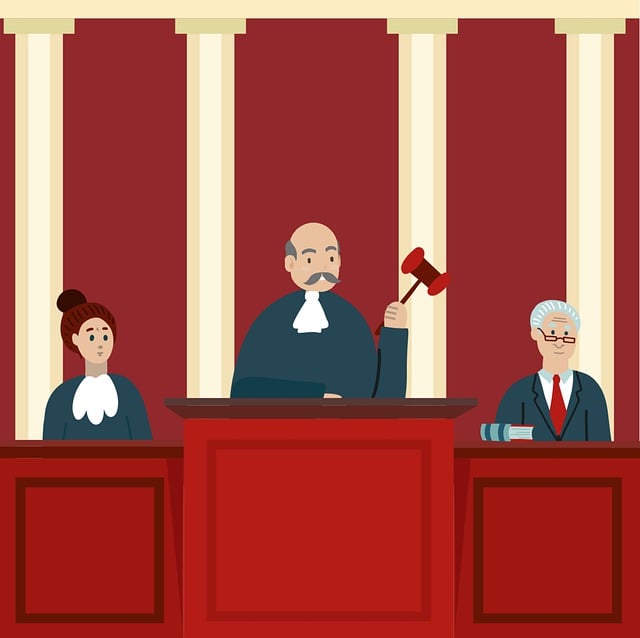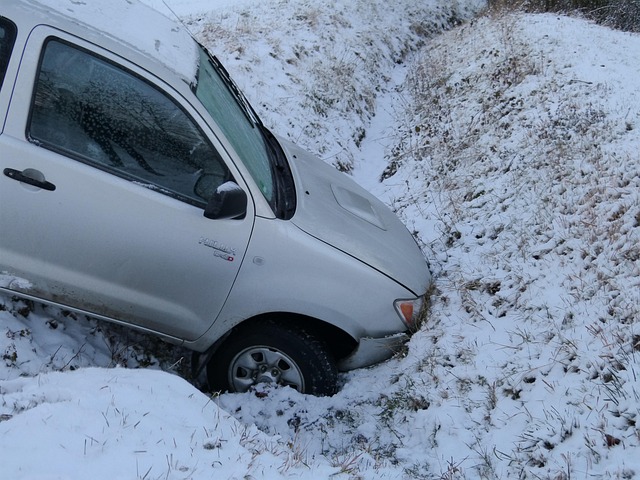Uneven pavement, from minor bumps to severe inequalities, poses significant risks on road networks, endangering drivers, pedestrians (especially those with mobility challenges), and causing costly vehicle damage. Timely repairs through regular inspections by local authorities are crucial for public safety and dispute mitigation. Reporting hazards requires a structured process: use landmarks/GPS to identify locations, take clear photos from various angles, note down details including date, time, and previous incidents, then contact local authorities via dedicated hotlines or online forms with provided evidence. Clear documentation and communication prompt swift action, preventing falls, mobility issues, and legal claims like medical malpractice or wrongful death.
Uneven pavements pose significant safety hazards, leading to accidents and injuries, especially for cyclists and pedestrians. This article guides you on reporting such hazards to local authorities effectively. We delve into understanding the impact of uneven pavement, outlining clear steps for the reporting process. Additionally, best practices for documenting and communicating hazardous conditions are provided to ensure swift action and enhanced road safety, minimizing the risk of falls.
- Understanding Uneven Pavement Hazards and Their Impact
- The Reporting Process: Steps to Ensure Effective Communication with Local Authorities
- Best Practices for Documenting and Communicating Hazardous Conditions
Understanding Uneven Pavement Hazards and Their Impact

Uneven pavement, or road surface irregularities, present significant hazards on the road network. These issues can range from minor bumps and potholes to more severe inequalities that can cause vehicles to veer off course, leading to potential accidents and falls. Pedestrians are also at risk, especially those with mobility challenges, as uneven pavement can make walking difficult and hazardous, potentially resulting in injuries or even wrongful death claims. The impact of these hazards extends beyond physical safety; they can contribute to partnership disagreements between local authorities and contractors over liability and repair responsibilities.
Proper maintenance and timely repairs are crucial in mitigating these risks. Local authorities play a vital role in identifying and addressing uneven pavement through regular inspections and prompt action. By doing so, they not only ensure public safety but also prevent costly damage to vehicles and reduce the likelihood of partnership disputes arising from disagreements about who is responsible for repairing or replacing affected areas.
The Reporting Process: Steps to Ensure Effective Communication with Local Authorities

When reporting uneven pavement hazards to local authorities, it’s crucial to follow a structured process that ensures clear and effective communication. Start by identifying the specific location of the hazard using landmarks or GPS coordinates. Take several photos from different angles, clearly showing the uneven surface and any visible damage. Note down details such as the date, time, and any relevant information about previous incidents or reported repairs.
Next, contact your local authority’s department responsible for road maintenance or public safety. Many cities have dedicated hotlines or online forms for reporting street hazards. Clearly communicate the issue, highlighting the potential risk of falls or accidents due to the uneven pavement. Provide the evidence you’ve collected, including photos and notes. Follow up if necessary, ensuring that the authority acknowledges your report and provides a timeline for addressing the hazard, thereby potentially preventing injuries or worse, including those that may lead to medical malpractice or wrongful death claims.
Best Practices for Documenting and Communicating Hazardous Conditions

When documenting and reporting uneven pavement hazards, clarity and detail are paramount. Start by capturing high-quality images that clearly show the dangerous condition, including any visible cracks, holes, or elevation changes. Take multiple photos from different angles to provide a comprehensive view of the hazard. Additionally, consider measuring the dimensions of the uneven area for accurate representation.
Effective communication is equally crucial. Report the issue to local authorities through their designated channels, ensuring you include specific details like the location, date observed, and a detailed description of the hazard. Mention if there have been any recent incidents or personal injuries related to these conditions to emphasize the urgency. Avoid using technical jargon; simple, straightforward language ensures that officials understand the severity of the situation, facilitating prompt action to prevent potential risks, including personal injury claims, nursing home abuse, and hazards impacting mobility in public spaces.
Reporting uneven pavement hazards is a proactive step towards enhancing safety and preventing potential falls. By following the outlined steps and best practices, individuals can play an active role in their community’s well-being. Remember, timely communication with local authorities regarding these issues can lead to faster resolution, making public spaces safer for everyone.






